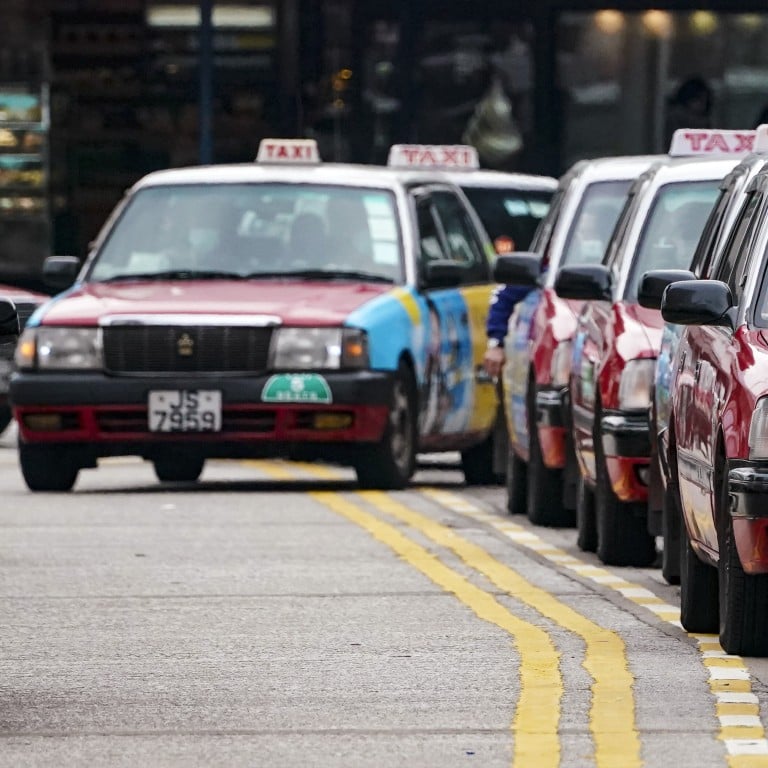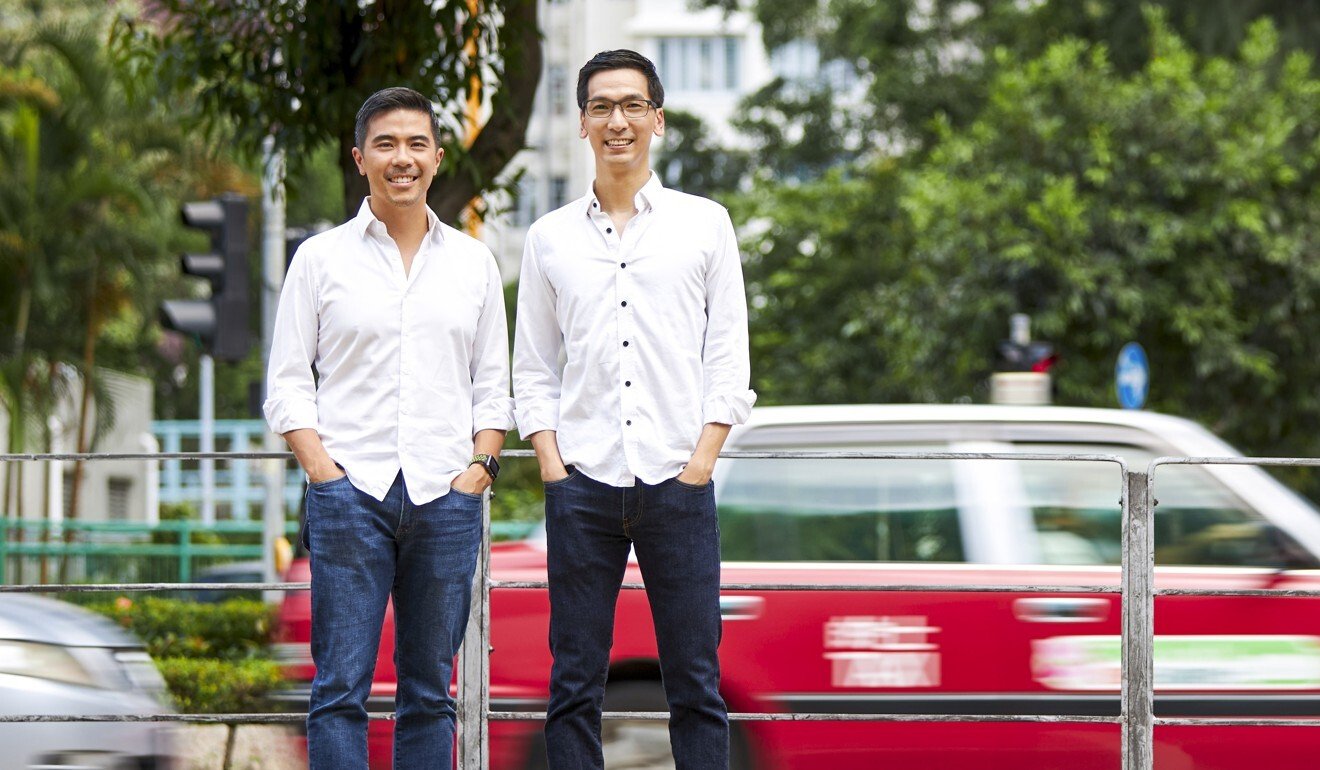
Uber takes another big step into Hong Kong cab market with purchase of HKTaxi app
- Deal announced on Friday will see US-based ride-hailing service – still not legal in the city – operate popular local app separately for now
- HKTaxi, which claims access to more than 70,000 registered drivers, has been downloaded 2 million times since 2013
Since launching in 2013, HKTaxi has been downloaded more than 2 million times. The financial terms of the deal were not disclosed in Friday’s announcement.
“Uber has spent a lot of effort investing in the taxi industry, this transaction reflects that we are committed to investing in the development of the industry in Hong Kong,” Uber Hong Kong’s general manager Estyn Chung told the Post.

Chung said the acquisition was aimed at increasing the adoption of e-hailing services, adding that Uber hoped to further explain to the government how they planned to achieve the objective.
Uber is no stranger to taxi services, with some cabbies having already joined its platforms. Last October, it rolled out Uber Taxi, which charges passengers based on flexibility rather than metered fares. Other cab drivers had already signed onto Uber Flash in 2019.
Chung said the latest deal would be able to bring together the engineering strength and local knowledge provided by the HKTaxi app and Uber’s long-standing technology and operational expertise.
Hong Kong taxi operators upset at delay in stiffer new penalties for Uber
But for now, the two ride-hailing apps will continue to operate separately, according to Chung, though both sides will work together to explore what sort of collaborative model could create a better experience for passengers and drivers.
HK Taxi App co-founder Kay Lui said he hoped the partnership would change the negative public perception of local taxi drivers.
Lui said many residents incorrectly believed that local drivers were “relatively bad” in general, while reviews from customers for cabbies using the two platforms were largely very positive.
“We want to educate Hong Kong residents about the city’s taxi industry having many good drivers, just that they don’t know how to find them,” he said.
Hong Kong taxi association threatens strike to pressure government on fare increase
While both sides had not decided on what extra services they could provide to customers after the business deal, Chung said the starting point could be exploring sharing some unique features of each platform with one another.
Although Uber has been operating in Hong Kong for seven years and remains popular with passengers, ride-hailing services are not legal without a hire-car permit, and the firm has faced strong resistance from the taxi industry, which has 40,000 active drivers for 18,163 licensed cabs.
Chung noted that one challenge facing the taxi industry was how to find passengers more easily during non-peak hours.
He said many drivers had come to understand the advantages of using mobile applications during the Covid-19 pandemic, adding he hoped it was a trend that would last.
Taxi drivers reported earning about 20 per cent more via the taxi platform than from street hails, according to Uber.
Leung Tat-chong, chairman of the Association of Hong Kong Taxi Administrators, whose membership covers half of the city’s cab executives, expressed concern that the acquisition would result in a single app being too dominant in the market. He feared drivers would be asked to charge less than the metered fare.
“Currently, HKTaxi and Uber are the two systems running on a substantial scale in the city ... We are very worried they will form a monopoly in the market, then drivers could suffer,” he said.
Other taxi-hailing apps operating in the city include Fly Taxi, WoliTaxi, GodTaxi and eTaxi.
But Uber and HKTaxi have a higher rank than all their competitors in the Apple app store’s travel chart, and are also popular on the Google Play platform.
The Hong Kong Taxi Council, formed of 17 groups in the industry, said only time would tell if new services or features flowing from the partnership would operate on the right side of the law.
“We hope Uber will run legal services after buying the app,” said Ng Kwan-sing, the council’s vice-chairman.

